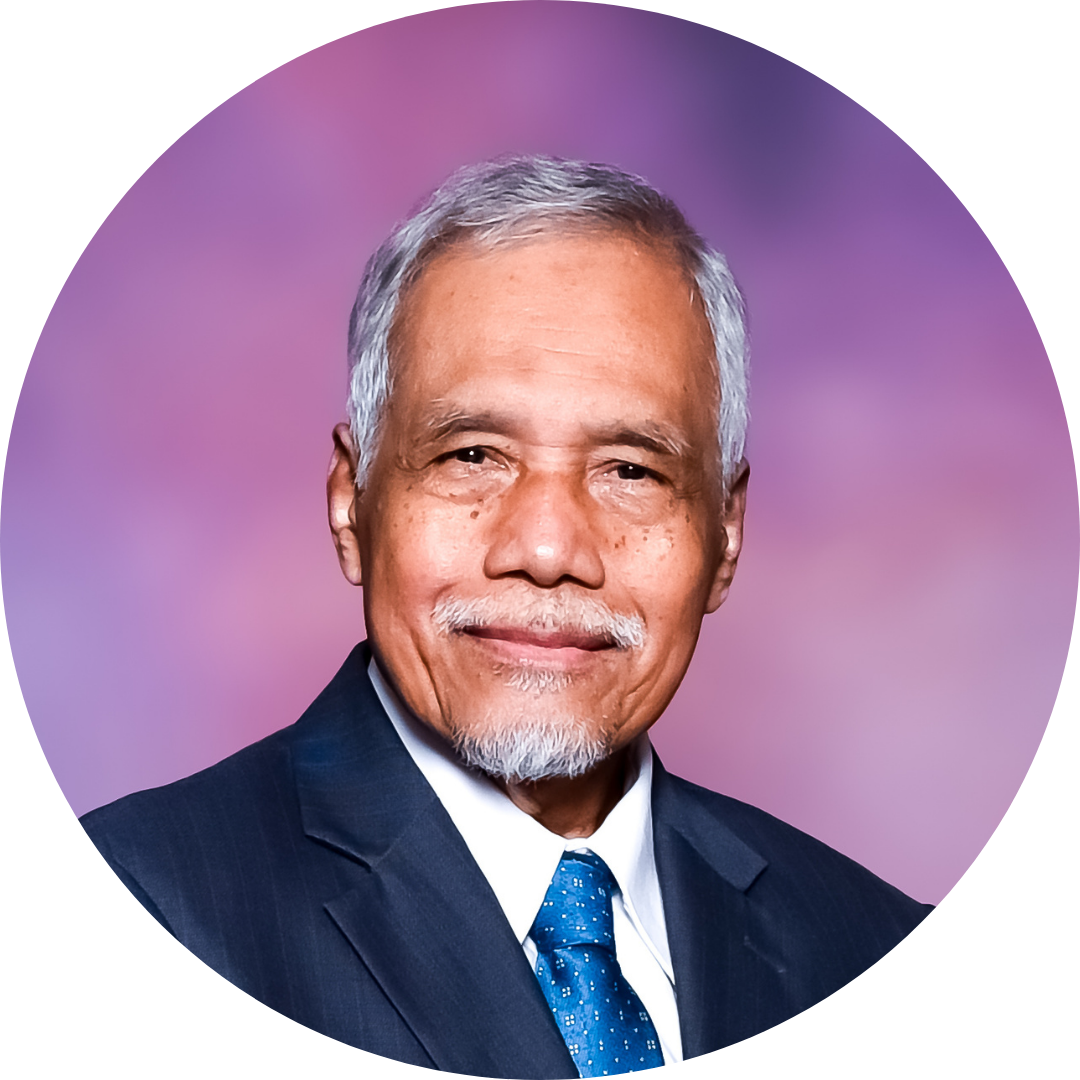Prof. Emeritus Datuk Dr. Osman Bakar


Prof. Emeritus Datuk Dr. Osman Bakar
Rector, International Islamic University Malaysia, Malaysia
Opening Keynote Speech: Leading with Purpose: Empowering Future Leaders in a Spiritually and Interculturally Connected World
Biography:
Osman Bakar, a doctorate in Islamic philosophy from Temple University, Philadelphia (USA) is currently Holder of Al-Ghazali Chair of Epistemology and Civilizational Studies and Renewal at the International Institute of Islamic Thought and Civilization (ISTAC), International Islamic University Malaysia (IIUM). He is also Emeritus Professor in Philosophy of Science at University of Malaya. He was formerly Distinguished Professor and Director of Sultan Omar ‘Ali Saifuddien Centre for Islamic Studies (SOASCIS), Universiti Brunei Darussalam. Dr Osman was also formerly Malaysia Chair of Islam in Southeast Asia at the Prince Talal al-Waleed Center for Muslim-Christian Understanding, Georgetown University, Washington DC, and Deputy Vice Chancellor (Academic and Research) at University of Malaya. Dr Osman is author and editor of 40 books and more than 300 articles on various aspects of Islamic thought and civilization, particularly Islamic science and philosophy in which he is a leading authority. His most well-known books are Classification of Knowledge in Islam (1992) and Tawhid and Science (1992). His latest books are titled Al-Farabi: Life, Works and Significance (2018) (new second edition) and Colonialism in the Malay Archipelago: Civilizational Encounters (co-editor) (2020). He has been named among the 500 most influential Muslims in the world since 2009. He was made a Dato’ in 1994 by HRH Sultan of Pahang and a Datuk by HM the King of Malaysia in 2000.
Abstract:
In an era marked by rapid globalization, digital transformation, and intercultural interaction, the call for spiritually and ethically grounded and globally competent leadership is more urgent than ever. This presentation explores how higher education can empower future leaders through intercultural competence, digital collaboration, and a spiritually anchored worldview. Central to this approach is the Collaborative Online International Learning (COIL), which fosters meaningful cross-cultural collaboration and digital fluency among students. Additionally, the presentation introduces tawhidic epistemology—a unity of knowledge framework rooted in the Islamic concept of divine unity—as a powerful paradigm for cultivating leadership grounded in justice, trust, and moral accountability. By aligning leadership development with both global citizenship and spiritual ethics, the session argues for a more inclusive and transformative model of education. Practical strategies for curriculum redesign, institutional engagement, and student empowerment are shared, offering a blueprint for shaping visionary leaders in an interconnected world.